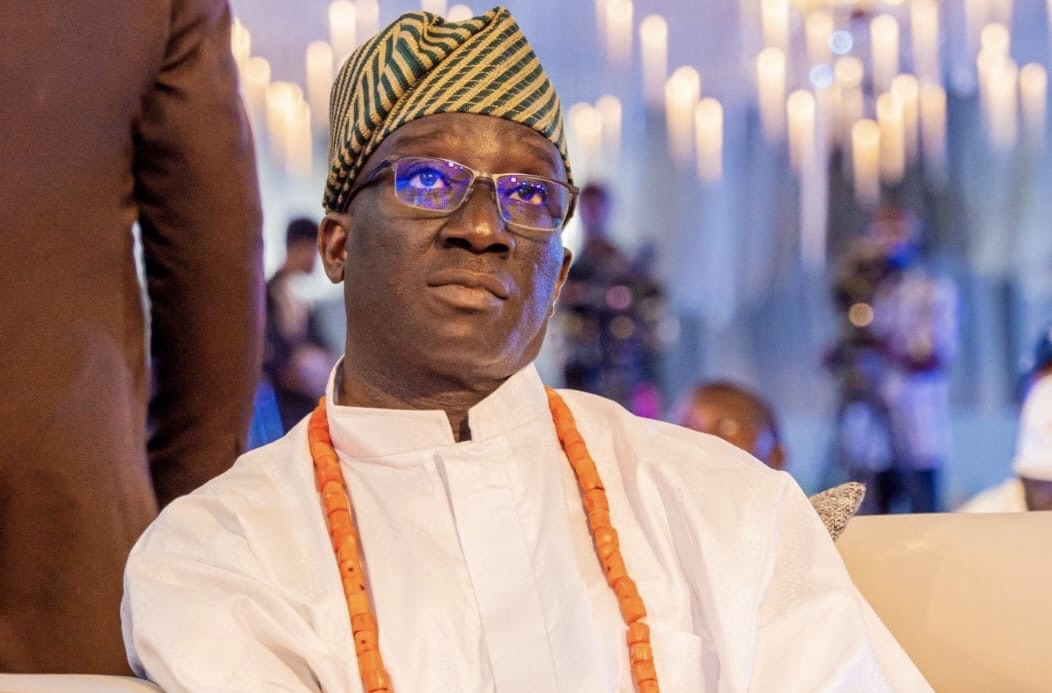The journey of the Edo State Primary Health Care Development Agency (EDSPHCDA) is a remarkable tale of transformation and progress, paving the way for accessible and high-quality healthcare services in Edo State. Under the visionary leadership of His Excellency, the Executive Governor of Edo State, Godwin Obaseki, the EDSPHCDA has achieved significant milestones in the field of primary healthcare.
Before the inception of EDOHIP, primary healthcare services in Edo State were fragmented under various leaderships, leading to challenges in service delivery. The National Primary Health Care Development Agency (NPHCDA) introduced the “Primary Health Care Under One Roof” initiative to integrate all primary healthcare services under a single authority.
In implementing PHCUOR, the Edo State Government successfully migrated primary healthcare workers from local governments to the state’s payroll in 2021. Under this system, 40 percent of the salaries are remitted by the state and 60 percent by the local government councils. This new system ensured timely salary payments, putting an end to the longstanding issue of overdue salaries of healthcare workers.
To fill numerical gaps, over 300 staff were recruited into the Edo State Primary Healthcare Development Agency in 2023, and another batch of candidates were interviewed in December 2023, and are awaiting their employment letters currently.
Furthermore, under Governor Obaseki’s administration, the branding of primary healthcare centres has been updated to reflect a more inclusive and comprehensive healthcare approach under the management of the Edo State Primary Healthcare Development Agency (EDSPHCDA). These government clinics, once known as “maternity” or “primary health centers,” have been reconstructed and refurbished to better serve the healthcare needs of communities and are no longer regarded as Primary Healthcare Centres but government clinics Managed by EDSPHCDA.
To ensure effective alignment with this new vision, extensive training sessions on quality management, professionalism, ethics, teamwork, e- government utilization, e-clinic software utilization, and data management have been conducted to re-orientate the workforce in alignment with the new vision and operational standards set forth for the clinic.
This was necessary because of the significant investments and efforts put forth by Governor Obaseki in revitalizing healthcare infrastructure, strengthening the workforce, and enhancing service delivery across the state.
Governor Godwin Obaseki has also shown unwavering support for the EDSPHCDA, approving an ambitious plan to upgrade 46 primary health care centers across the 18 Local Government Areas (LGAs) for execution by the agency in collaboration with the Edo State Public Building and Maintenance Agency and HDIT Consultant. This collaborative effort ensures that these centers will not only meet but exceed the highest standards.
Furthermore, the governor has instructed the team to prepare a Bill of Quantities (BoQ) for the next 46 primary health care centers earmarked for construction across the 3 senatorial districts. The focus is to have at least one functional Primary Health Care Center in each ward in Edo.
Currently, monitors are being rolled out to some renovated/reconstructed and furnished government clinics, like Oluku Clinic, Evbuotubu Clinic , Ikhueniro Clinic, Aruogba Clinic, Idogbo Clinic(s), Ogbeson Clinic(s), Eyaen Immunization Hall, Ovbiogie Staff quarters, equipping them with the e-clinic system to provide quality healthcare services.
Tablets are programmed with the smart health app, empowering Community Health Extension Workers (CHEWS) to prioritize patient visits, manage household data, and deliver home-based care services efficiently.
Under Governor Obaseki’s leadership and overseen by EDSPHCDA, Edo State is ushering in a new era of healthcare management that prioritizes excellence, innovation, and the well-being of every citizen.


